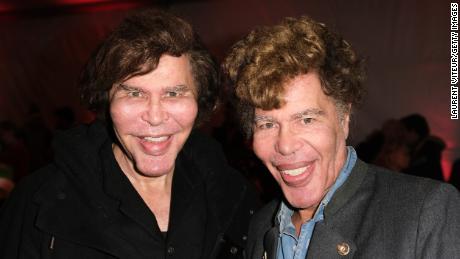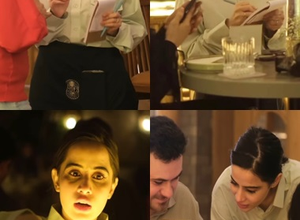Roland Emmerich On The Idea Behind His Sci-Fi Flick ‘Moonfall’

Mumbai, June 28: Writer, director and co-producer of ‘Moonfall’ Roland Emmerich talks about the movie which is going to have its digital release on July 1.
It stars Patrick Wilson, Halle Berry and John Bradley. He also shares about his working experience with the cast of the movie.
While talking about Moonfall, Roland said: “I read a book called ‘Who Built the Moon’, and I thought it was a great idea that can be developed into a movie. It was a fascinating idea, and it took me three to four years to get the right script. It’s a simple idea that the moon is falling to earth, and we must figure out what it is and how to stop it.”
“It’s about how people who step up and leave their families behind. The idea of this film is naturally very fantastic. I think this movie is a big warning that we should be cautious with artificial intelligence and keep our planet intact. This message is deeply rooted in all my films, and I always, you know, try to put a message in that we should be careful without polluting our planets too much.”
While talking about an exciting element from ‘Moonfall’, Roland further shared: “I think shooting in a real cockpit was one of the most difficult things because we didn’t build it. We had requested and taken it from a museum in Florida.”
Sharing his experience of working with Patrick Wilson, Halle Berry and John Bradley, Roland added: “Patrick and Halle had very cool chemistry with each other, and they are such excellent actors as well. John Bradley is such a sweet guy, and I loved watching him in ‘Game of Thrones’. I think this trio was a really cool combination.”
‘Moonfall’, written, directed and co-produced by Roland Emmerich, premiers on July 1 on Lionsgate Play.






